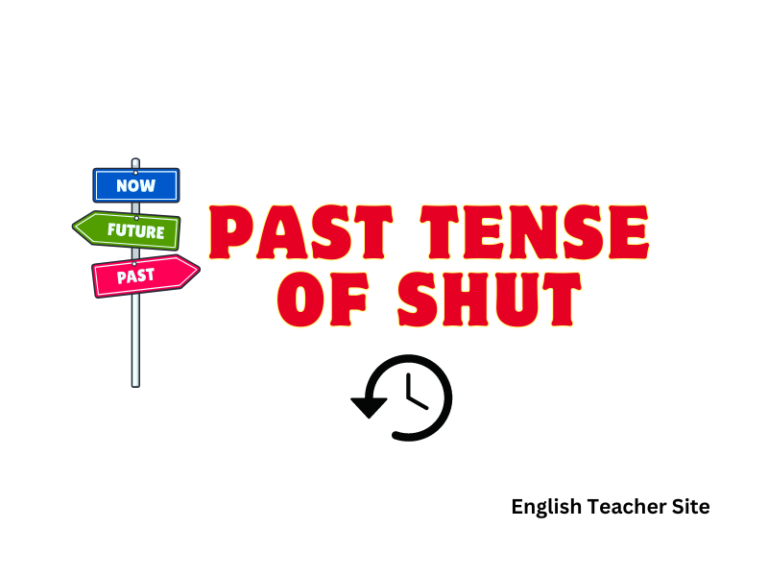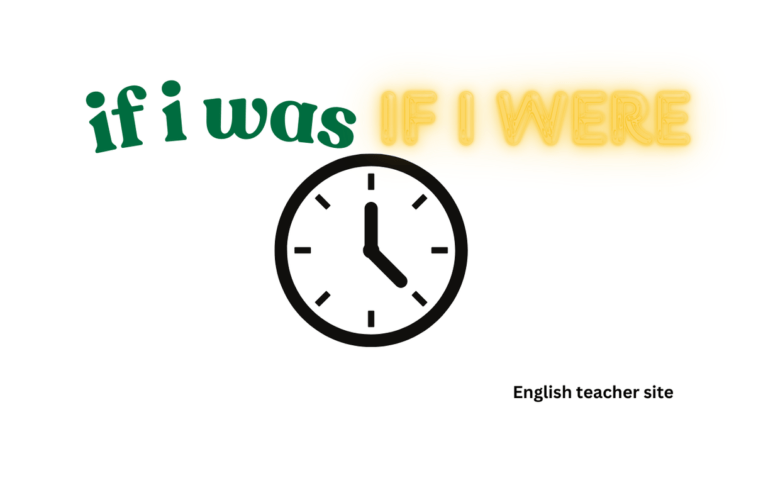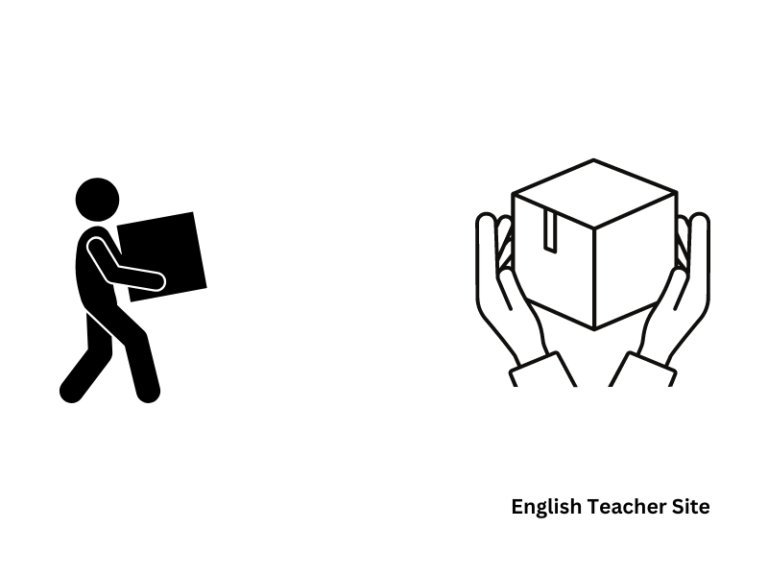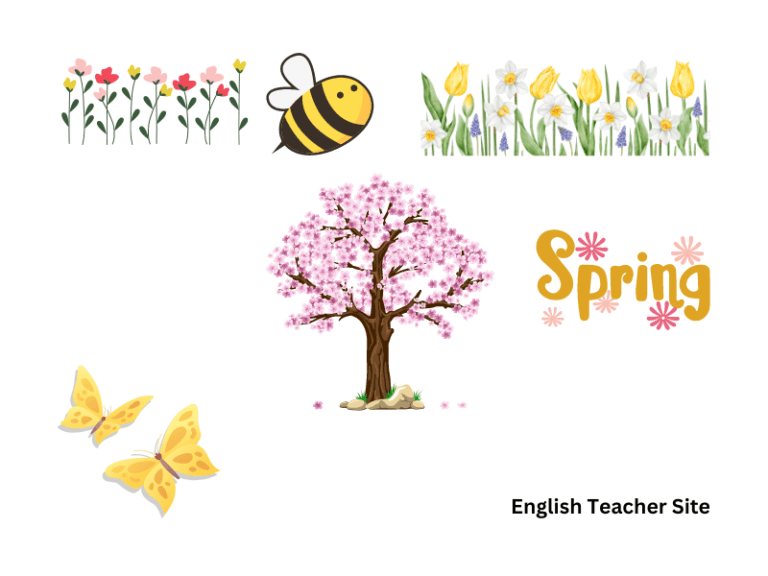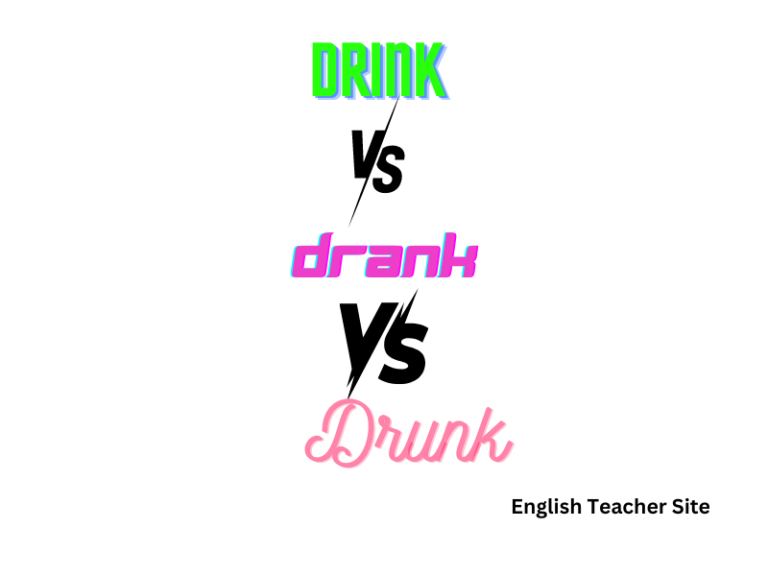Is It Went or Gone: Understanding the Past Tense of “Go”
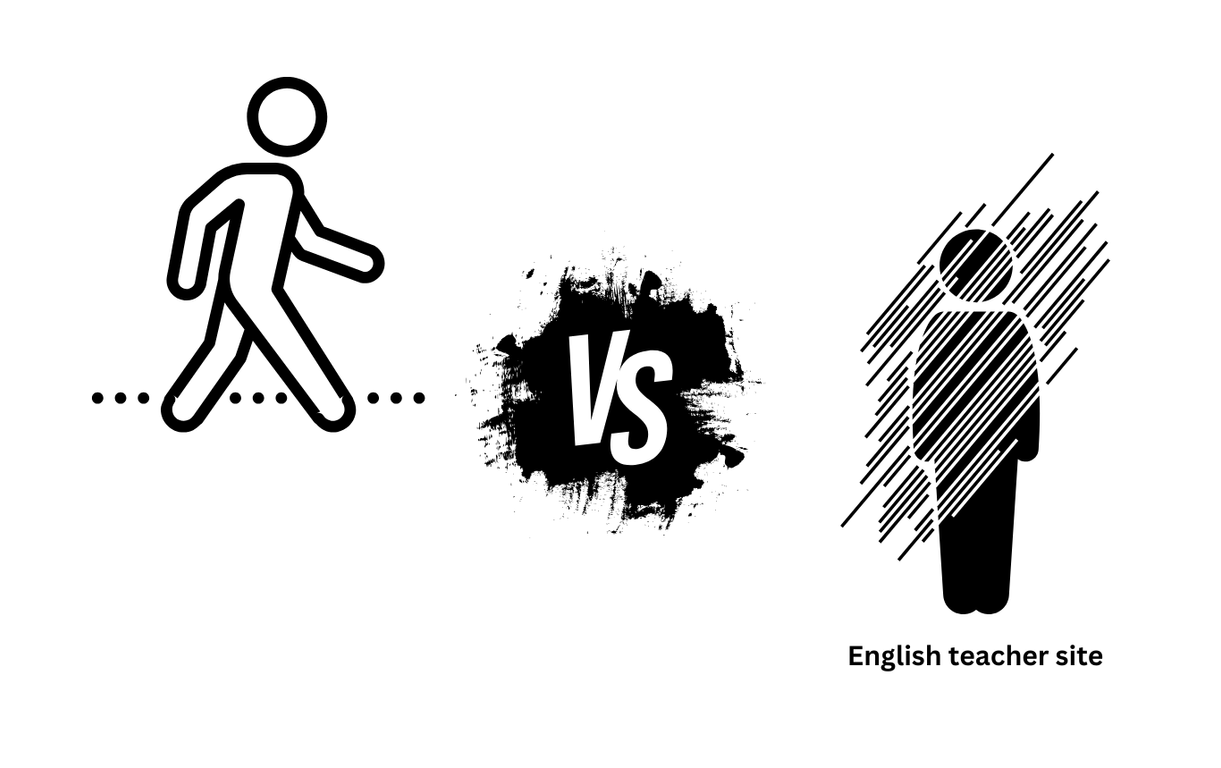
- “Went” is the simple past tense of “go,” while “gone” is the past participle, used with an auxiliary verb.
- Correct usage of “went” and “gone” depends on the sentence structure and tense.
- Mastering the distinction between “went” and “gone” increases accuracy in English grammar.
In daily conversations and writing, it is common to encounter confusion when choosing between “went” and “gone.” This typically occurs because “went” and “gone” cannot be used interchangeably. Their correct application depends largely on the context of the sentence and the presence of helping verbs. A solid grasp of these terms enhances clarity and precision in communication, preventing common errors in English language usage.
Is it “went” or “gone”: What’s the past tense of “go”?
These two words represent different forms of the verb “to go,” which is one of the most common irregular verbs in the English language.
Went is the simple past tense of “to go.” Use this form when talking about an action that happened at a specific time in the past.
- Example: “She went to the market yesterday.”
Gone is the past participle form of “to go.” This form is mainly used with the helping verbs “has,” “have,” or “had” to indicate an action that is complete.
- Example: “They have gone to the concert.”
Here is a breakdown of usage in a more structured manner:
| Simple Past Tense | Past Participle Usage |
|---|---|
| I went to the store. | I have gone to the store. |
| He went on vacation last year. | He has gone on vacation this year. |
| She went out an hour ago. | She had gone out before the rain started. |
When determining which form to use, consider the timeline of the action:
- If the action is confined to the past, “went” is appropriate.
- If the action relates to the present or is completed at the time of speaking, “gone” is the correct choice.
Employing bullet points, you can remember:
- Went:
- Always used in the past tense.
- Does not require a helping verb.
- Specific time in the past is often mentioned.
- Gone:
- Used with a helping verb (has, have, had).
- Describes actions that are complete.
- Connects the past action to the present.
What’s the difference between went & gone?
One often encounters common confusions around the usage of verb forms. Specifically, the terms went and gone often cause mix-ups because both relate to the verb “to go”. However, they aren’t interchangeable and serve distinct roles in the conjugation of this irregular verb.
Went is the simple past tense form of “to go”. It signifies an action that has been completed in the past. For instance:
- Yesterday, she went to the market.
- They went home after the movie.
Gone, on the other hand, is the past participle form of “to go”. This form is typically used in perfect tenses and requires the aid of auxiliary verbs such as “have” or “has”. Examples include:
- She has gone to the market.
- They had gone home by the time we arrived.
The usage of each term can be broken down into two simple tables:
Went (Simple Past Tense):
| Subject | Example |
|---|---|
| I | I went to the store. |
| You | You went yesterday. |
| He/She/It | He went to work. |
| We | We went on vacation. |
| They | They went out to eat. |
Gone (Past Participle):
| Auxiliary Verb | Example |
|---|---|
| has/have | She has gone to the market. |
| had | They had gone before noon. |
Utilizing bullet points, one can note the following key differences:
- Went is used for singular events that occurred in the past.
- Gone is used with “has”, “have”, or “had” to describe an action that relates to the present or is completed by a certain point in the past.
Understanding the Past Tense of ‘Go’
The verb ‘go’ is one of the most common verbs in the English language and also one of its most irregular. This comes apparent when making a distinction between its simple past form ‘went’ and its past participle form ‘gone.’ To properly use these forms, one must understand their application in different contexts and the correct conjugation patterns they follow.
The Simple Past: ‘Went’
‘Went’ is the simple past tense form of ‘go’ and denotes an action completed in the past. It does not require an auxiliary verb and follows this structure:
- Subject + went + (complement).
Examples:
- She went to the gym yesterday.
- They went home after the movie.
Conjugation in simple past is uniform across subjects:
| Subject | Conjugation |
|---|---|
| I | went |
| You | went |
| He/She/It | went |
| We | went |
| They | went |
The term preterite also refers to the simple past tense, highlighting its use for actions that happened at a definite point in the past.
The Past Participle: ‘Gone’
The past participle ‘gone’ is used with the perfect tenses of the verb ‘go.’ It pairs with auxiliary verbs to indicate that an action is completed in relation to another time frame. In the present perfect tense, for instance, the structure is:
- Subject + has/have + gone + (complement).
Examples:
- I have gone to the store already.
- They have not gone back since.
The past participle is critical for forming the past perfect tense, which shows that an action was completed before another action or time in the past:
| Subject | Auxiliary Verb | Past Participle |
|---|---|---|
| I | had | gone |
| You | had | gone |
| He/She/It | had | gone |
| We | had | gone |
| They | had | gone |
Use of ‘gone’ must be precise to convey the correct conjugation pattern.
Phrases with the verb ‘Go’
‘Go’ is integrated into numerous phrases and expressions within the English grammar, requiring the correct tense form to indicate the time of action. Here are examples across different tenses:
- Simple past tense:
- They went out for dinner last night. (simple past)
- Present perfect tense:
- She has gone to the bookstore to find the latest novel. (present perfect)
- Past perfect tense:
- By the time we arrived, the birds had gone south for the winter. (past perfect)
Understanding these applications and variations is crucial for mastering English language grammar, especially as it concerns irregular verbs like ‘go.’
Verb Tenses and Auxiliary Verbs
In English grammar, auxiliary verbs play a crucial role in the construction of verb tenses. They aid in expressing time, modality, and voice. Understanding the conjugation and use of auxiliary verbs such as “have” and “will” is essential, especially when discussing the present perfect and future perfect tenses.
Usage of ‘Have Gone’ and ‘Had Gone’
Present Perfect Tense:
- Have Gone: This indicates an action that was completed at an unspecified time before now.
- Example: He has gone to the store. (He went and may or may not be back yet)
Past Perfect Tense:
- Had Gone: Represents an action completed before another action in the past.
- Example: She had gone home before the rain started..
Conjugation Table:
| Subject | Present Perfect ‘Have Gone’ | Past Perfect ‘Had Gone’ |
|---|---|---|
| I | have gone | had gone |
| You | have gone | had gone |
| He/She/It | has gone | had gone |
| We | have gone | had gone |
| They | have gone | had gone |
- ‘Have gone’ is often used with time expressions that indicate an incomplete period of time, such as “this week,” “this year,” “so far,” etc.
Future Contexts: ‘Will Have Gone’ and ‘Will Be Going’
Future Perfect Tense:
- Will Have Gone: Refers to an action that will be completed before a specified point in the future.
- Example: They will have gone to Europe by next summer.
Future Continuous Tense:
- Will Be Going: Describes an action that will be happening at a certain moment in the future.
- Example: I will be going to the conference next month.
Conjugation Table:
| Subject | Future Perfect ‘Will Have Gone’ | Future Continuous ‘Will Be Going’ |
|---|---|---|
| I | will have gone | will be going |
| You | will have gone | will be going |
| He/She/It | will have gone | will be going |
| We | will have gone | will be going |
| They | will have gone | will be going |
- These tenses often require auxiliary verbs such as “will” to mark the future and to support the main verb in conveying the action’s tense and aspect.
English verb tenses encompass a broad range of time expressions, and auxiliary verbs are their backbone. Modal auxiliary verbs like “will” also extend this network by adding layers of meaning about possibility, probability, and certainty regarding future actions.
Source
Etymology online, origin of go
Definition of go
My name is Khamis Maiouf. I am the creator of the English Teacher Site, dedicated to providing valuable resources and insights for students around the world. With a passion for education and a commitment to helping students enhance their skills, I aim to make English teaching more effective and enjoyable for both educators and students.


